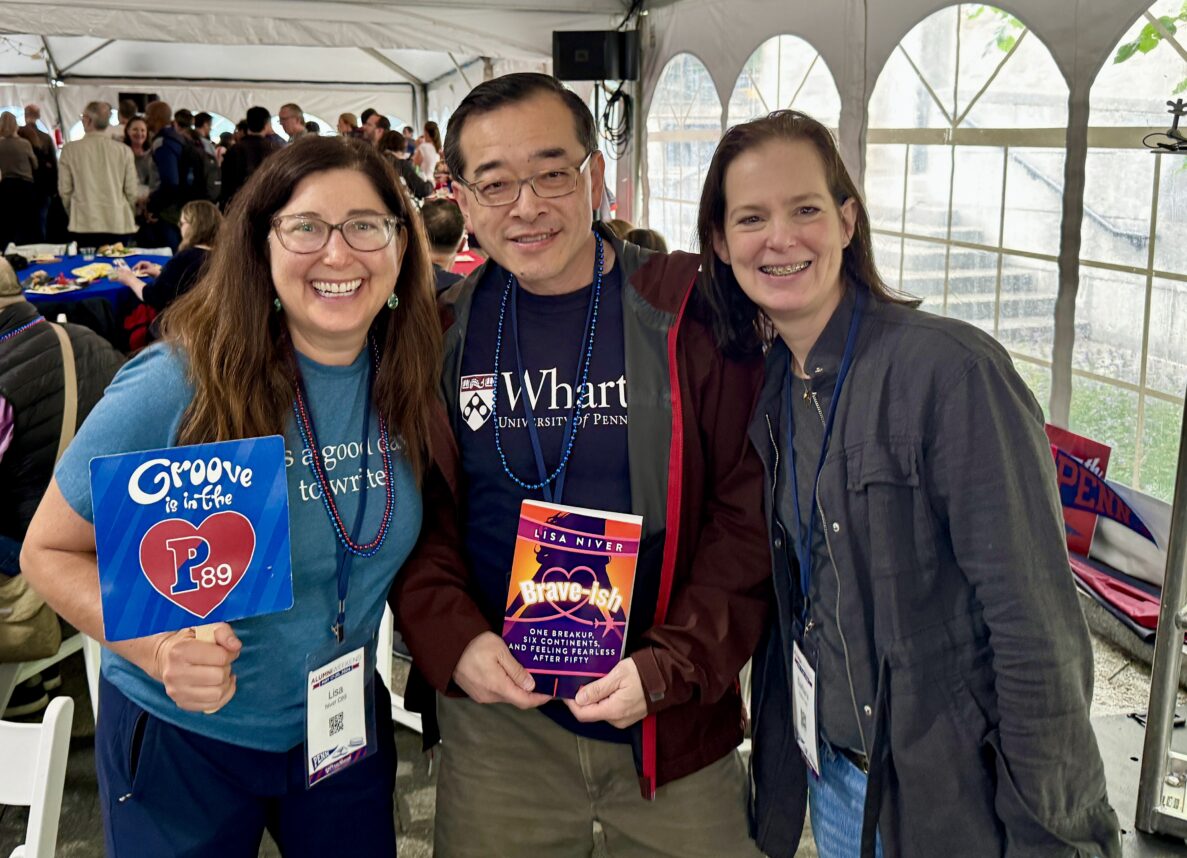The Bernard Madoff investment scandal tore a hole through L.A. Jewry that is a long way from healing.
Many of the community’s leading organizations, including The Jewish Federation of Greater Los Angeles, were invested in Madoff through the Jewish Community Foundation (JCF), which manages the endowments of participants in its common investment pool. The JCF lost its $18 million investment overnight, which meant that The Federation forfeited a $4.5 million investment.
Around the globe, victims of the biggest Ponzi scheme in history — from investors in foreign banks to the Elie Wiesel Foundation for Humanity — have been looking for answers as to what went wrong and who is to blame.
The obvious question might seem to be whether the affected L.A. organizations could sue the JCF to recover at least some of their money from its insurers, but that is not the question being asked. Rather, leaders locally are questioning whether they should sue.
“Our feeling at this point is we’ll wait and see what they come back to us with, what their due diligence has produced and what they think are avenues for recovery,” said Paul Castro, executive director and CEO of Jewish Family Service, which had about $425,000 on its books when the scandal broke. “Then we’ll have our conversation about what we think we need to do.”
“I think this is the time when we’ve got to wait and think very hard about the implications,” said Rabbi Harold Schulweis, whose Encino temple, Valley Beth Shalom, also participates in the common investment pool. “I don’t think this is purely a halachic issue; it’s a moral issue. And I’m not sure.”
John Fishel, The Federation’s president, said his umbrella organization has not considered taking legal action.
“The issue of maintaining the community is always the highest priority,” Fishel told The Journal. “Part of it is related to the process moving forward: How will it be different? How will they make everybody feel a great sense of confidence? And I feel they are moving toward that.”
The JCF currently is completing a lengthy review — led by Lorin Fife, its chair; Cathy Siegel Weiss, past chair; and Richard Sandler, vice chair of The Federation. It will address any conflicts of interest and financial considerations that led to the Madoff investment. The group will then make recommendations to ensure similar losses don’t occur again and explore all possible means for recovering the $18 million investment lost from the common investment pool.
The JCF never withdrew from its Madoff account, which may allow it to sue other Madoff investors paid with the foundation’s money. A full report is expected in early March, though a spokesman said only its key findings would be made public. In the meantime, Marvin Schotland, JCF president and CEO, to whom board members have directed all inquiries, is not commenting until the report is complete.
Many organizations are awaiting the results of this review before deciding what to do next.
“The [Jewish] Community Foundation has been a good partner over many years, and it is only right and appropriate in my view that we meet with the foundation and discuss with them what they have learned, what they are proposing, before contemplating any other step,” said Gil Graff, executive director of the Bureau of Jewish Education, which had about $100,000 invested in the Madoff portion of the common investment pool.
If participants in the common investment pool made a claim, it would most likely be for breach of fiduciary duty, several attorneys told The Journal.
“The JCF was negligent and breached its fiduciary duty to clients in at least three ways,” said Jon E. Drucker, a Beverly Hills attorney who sued Ameriprise Financial for breach of fiduciary and recovered more than $100 million in damages.
“First, the JCF should never have been investing its clients’ money in hedge funds — Madoff or no Madoff,” Drucker said. “Second, the JCF, like many others, did absolutely no due diligence on Madoff’s investments. Madoff told them, ‘Trust me,’ and although most of us know that ‘trust me’ is just another way of saying ‘F-U,’ the JCF said, ‘OK.’ And third, the JCF did no monitoring of its investment portfolio — because Madoff wouldn’t let them — and yet they continued to trust him.”
But just because Jewish organizations may have a valid claim — a long way from a winning case — that doesn’t mean suing the Jewish Community Foundation would be good for the Jews.
“Jewish organizations suing Jewish organizations won’t end up in a net gain for the Jewish people,” said Mark Charendoff, president of Jewish Funders Network. “While everyone is looking for someone to blame, we all have to keep our eye on the ball.”
“We are living through a year which none of us have lived through before, and it may be followed up by a similar year. Our energy needs to go toward building a vibrant Jewish community and not actions that will tear that community apart,” Charendoff said. “If the Madoff scandal results in a diminished Jewish community or a ruptured fabric in the Jewish community, then that consequence will be far more severe and lasting than any financial loss.”
At least one local attorney who has been advising Madoff victims agrees that legal action would be bad for the community.
“We’re talking about Klal Yisrael,” Arthur A. Greenberg said. “We want to stay all together.”
“At the end of the day,” said Sandler, The Federation’s vice chair and the personal attorney for Michael Milken, “most lawsuits are lose-lose.”
However, Laura Stein, Beverly Hills-based attorney with the firm Coughlin Stoia Geller Rudman & Robbins, which won $7.2 billion for shareholders in its suit against Enron, said such communal considerations shouldn’t be taken into account.
“If there is an ability to recover, those people have a fiduciary obligation to recover,” Stein said. “And I’m sorry, but I don’t care if they are suing a Jewish organization or another Jew or someone from Botswana. They have the fiduciary duty to their constituents and donors to at least try to recover.”






















 More news and opinions than at a Shabbat dinner, right in your inbox.
More news and opinions than at a Shabbat dinner, right in your inbox.